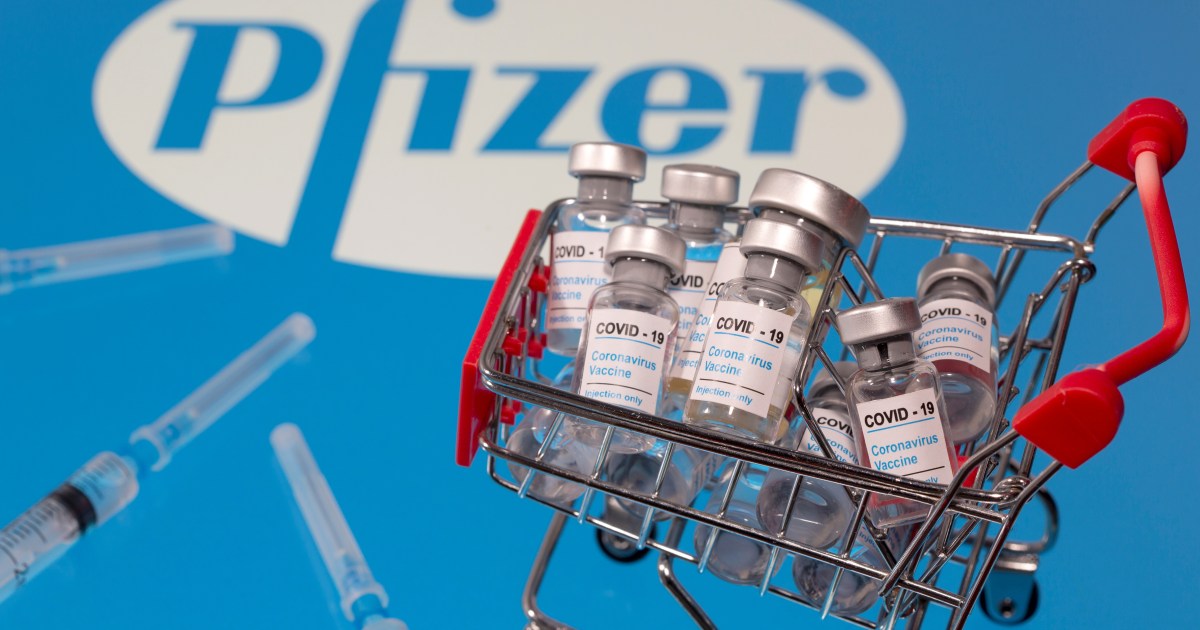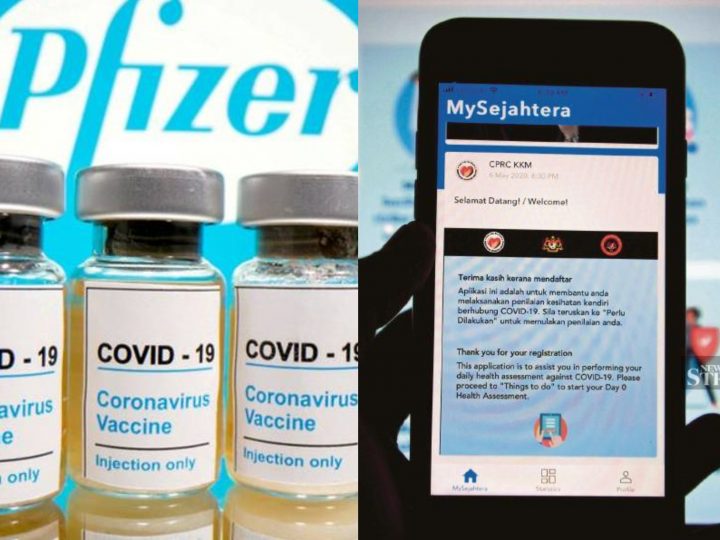WHO Scientists Might Approve Nasal Vaccine Which Might Be More Effective Than Injections
 Thirsty for JUICE content? Quench your cravings on our Instagram, TikTok and WhatsApp
Thirsty for JUICE content? Quench your cravings on our Instagram, TikTok and WhatsApp

When the PM announced that vaccines will be administered starting February 2021, spirits began to lift as we have been awaiting this moment since the pandemic hit a year ago.
However, the approved Pfizer vaccine doesn’t come without its flaws.
While it boasts a 90% success rate, the vaccine has to be stored in intensely-cold temperatures (minus 70 degree Celsius or below) which is an obstacle for rural areas since even the most sophisticated hospitals deem this an issue.
If the temperature isn’t at its optimal state, expiration of the vaccine is more likely to occur, hence making transportation extremely difficult.
Additionally, the Pfizer injection, as well as Sinovac and Moderna, are all required to be taken twice. Some patients even contract Covid-19 during the waiting period of receiving the second dosage.

Due to that, WHO chief scientist Soumya Swaminathan welcomed a new type of vaccine in the form of a nasal spray.
This vaccine will require only one dosage and it’s believed to cost slightly cheaper than the injections. Swaminathan said,
“What we want to see is prevention of disease. Prevention of infection is another question. But that is secondary.
“We will learn about how effective this vaccine is in actually preventing the spread of infection from person to person. Some vaccines produce sterilising immunity: they stop infection, they prevent disease.
“Some vaccines do not stop infection but prevent disease. At this point of time we’re still waiting to see the results of the studies to know which of the COVID vaccines are actually going to prevent infection successfully. Hopefully they should.”
Currently, the next generation of vaccines oversees 173 new versions that are being developed in laboratories with hopes to proceed to eventual human trials.


 Get Audio+
Get Audio+ Hot FM
Hot FM Kool 101
Kool 101 Eight FM
Eight FM Fly FM
Fly FM Molek FM
Molek FM